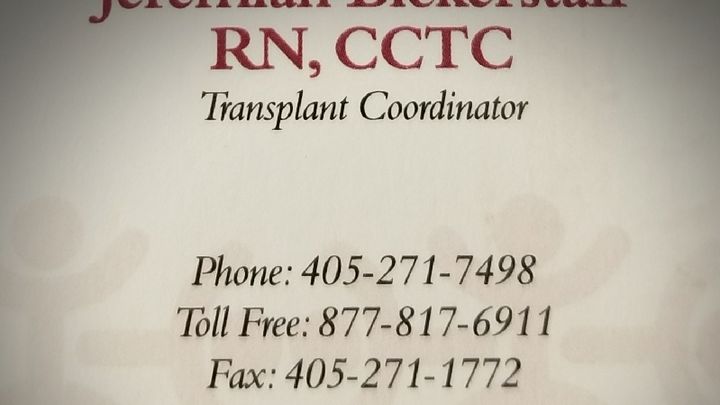
Kidney Transplant
A very good friend of mine Glynnis (Lynn) has stage 5 kidney failure. She's in dire need of a kidney. She has a rare disease called fibullary GN. I've decided to try to help best I can by raising the money needed for the medical expenses, and also help search for a live donor that is a match! Shes had kidney disease for 7 years. Overtime her kidney disease has gotten worse causing her kidneys to not work well enough to keep her alive. Her treatment options are limited to dialysis or a kidney transplant. Getting regular dialysis treatments, usually three times a week for four hours at a time, will help her kidneys do their job and keep her alive, but a transplant would offer her more freedom and the ability to live a longer, healthier, more normal life. The Dr's have stated that given the state of her kidneys, dialysis isn't a choice. They have also tried her on chemo and it was ineffective. A transplant would give her more time to do the fun things she enjoys most, like spending time with her family, 5 grandkids and friends. However, finding a kidney for a transplant is not easy. Just ask the 100,000+ people on the waiting list for a deceased donor kidney like her. Time is not on her side. Some wait for years; many die while waiting. The average wait time is three years or more for a kidney from a deceased donor. However, there is another option: receiving a kidney from a living donor. The thought of asking a family member or a friend to consider donating a kidney to her, has been a very difficult topic, but she realizes it would greatly improve her chances of getting a transplant. A living kidney donation typically lasts longer and has better function! You might not know a lot about living donation - I know I didn’t before kidney disease affected her life. Understandably, some people are afraid about the surgery and what living with one kidney will mean for them. Here’s some basic information about kidney donation: You only need one kidney to live a healthy, long life. Most donor surgery is done laparoscopically, meaning through tiny incisions. The recuperation period is usually fairly quick, generally two weeks. The cost of your evaluation and surgery will be covered by OU transplant center. The hospital can give you extensive information on this. You will have a separate team of healthcare professionals to evaluate you as a living donor. Their job is to help you understand the risks and benefits and look out for YOUR best interests. For more answers to any questions you may have, call Jeremiah Bickerstaff. He is her transplant coordinator and can help walk you through everything. Best number to contact him on is [phone redacted]. Thank you for taking the time to read her story. If donating a kidney to her is something you would like to consider, I would be happy to tell you more about her story and explore the process of determining if you are a match for her. But if you are not able to donate a kidney, you can still help her by donating money to help with medical expenses and the cost of prescriptions. Every dollar will help her out tremendously! However, I know living donation may not be right for everyone — but you can still help! Consider being an organ donor after death and also, help me by sharing her story with everyone you know. At the very least I want to bring awareness to kidney disease and living donation. I am hopeful my efforts will help her to receive a kidney sooner and encourage others to consider helping the many people on the wait list. Thank you!